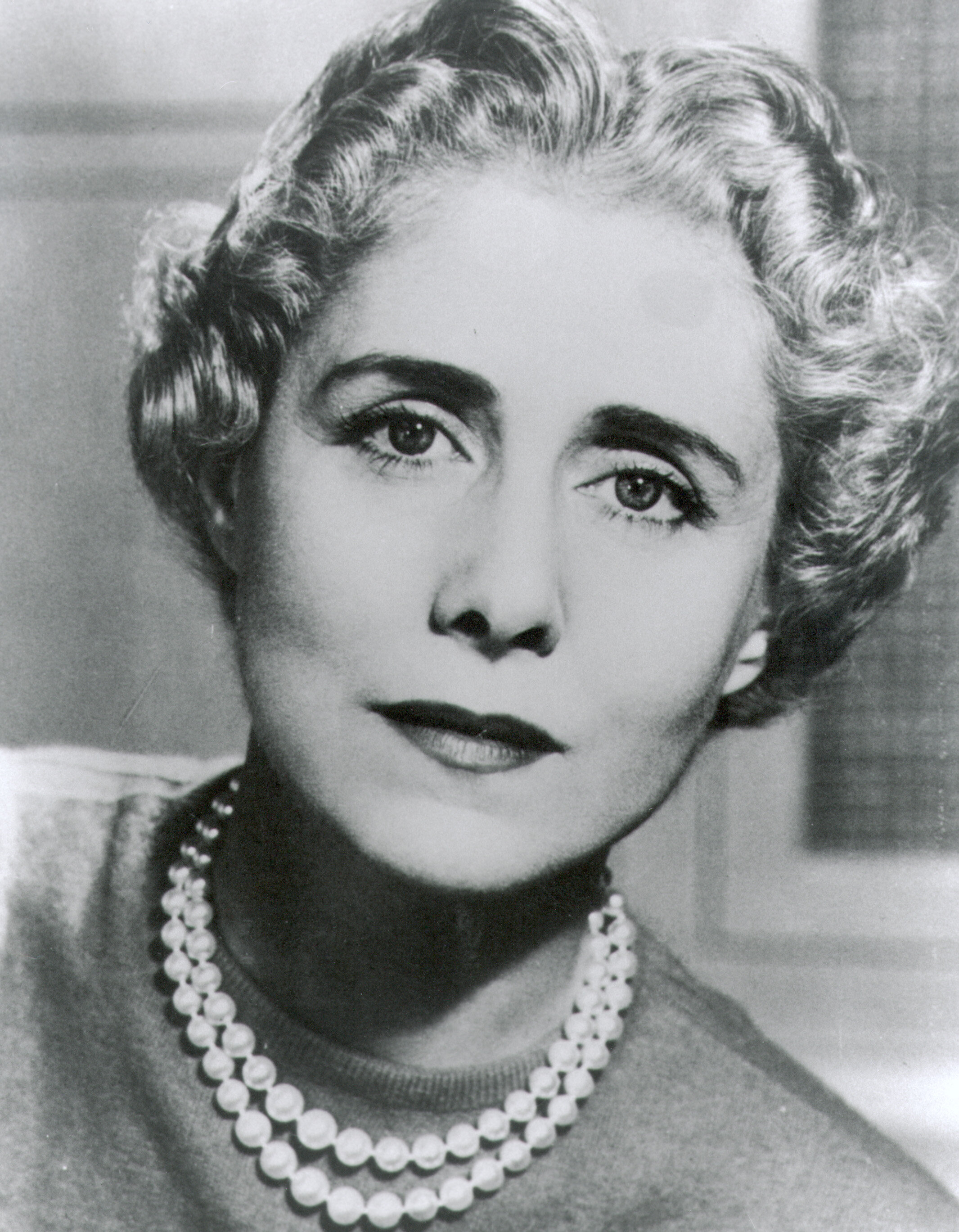Induction Category:
Politics, Government & Law
Inducted:
1994
When Clare Boothe Luce was elected to the United States Congress in 1942 as a representative from Connecticut, she was already well known for her intelligence, wit, ambition and sense of adventure. A noted author, editor, and playwright, Luce brought her formidable energies to the House of Representatives, serving the Fourth Congressional District for two terms while shattering stereotypes about women in politics and government.
Clare Boothe was born in New York City to ex-chorus girl Anna Clara Snyder and itinerant violinist William Franklin Boothe. William Boothe deserted the family when Clare was only eight, leaving both Clare and her younger brother to know poverty first-hand. Blessed with intelligence and an ambitious mother, Clare Boothe was sent to the best schools her mother could afford, where she excelled academically and was able to create professional networks. In 1919, her mother married a well-known physician from Greenwich, which further brought young Boothe into prominent social circles. In 1923, Clare Boothe married millionaire George Brokaw, who was 23 years her senior. After the birth of one daughter, the marriage ended in divorce in 1929. Despite a generous settlement, she was determined to prove that she was not an idle socialite and went to work for Vogue magazine as a photo caption writer. After being hired to work at Vanity Fair, she began by writing satirical pieces about society, before ultimately becoming the magazine’s managing editor in 1934.
In November 1935, Clare Boothe married Henry Luce, the founder and publisher of Time, Life, Sports Illustrated and Fortune magazines. She had already authored several unsuccessful plays when her breakout Broadway hit, The Women, was produced in 1936, and she went on to write and produce several other commercial successes. After the onset of World War II, Luce traveled to England to write first-hand accounts of the war in Europe. Her long-time interest in politics, as well as the belief that President Roosevelt had mishandled the war, led her to enthusiastically support Wendell Wilkie in his 1940 campaign for President.
Two years later, with the encouragement of Connecticut Republican leaders, Luce announced her candidacy for the Congress to represent the Fourth District, an area that included Greenwich, where she had a home. She easily defeated the incumbent by 7,000 votes, becoming the first woman to represent Connecticut in the U.S. House of Representatives. While in Congress, she was named to the powerful Committee on Military Affairs. Throughout her two terms in office, she attacked President Roosevelt’s foreign policy and management of the war effort. As the war ended, Luce issued a warning about the threat of aggression from the Soviet Union. She was also an advocate for the Equal Rights Amendment and the racial integration of the armed forces.
Following the death of her only daughter in an automobile accident, Luce chose not to seek a third term in Congress. However, she remained politically active, offering her energetic support to General Dwight D. Eisenhower’s presidential campaign in 1952. After his election, Luce was offered the post of Secretary of Labor, which she declined. She was subsequently named Ambassador to Italy and became the first woman ambassador to a major country. As ambassador, Luce helped settle a dispute that threatened war between Yugoslavia and Italy.
Luce retired from public life in 1964, living in Hawaii until the death of her husband in 1967. She served as an unpaid member of the President's Foreign Intelligence Advisory Board under Presidents Nixon, Ford and Reagan and was honored with the Presidential Medal of Freedom by President Ronald Reagan in 1983. Upon her death in 1987, former President Richard Nixon, reflecting on Luce’s long and storied career and larger-than-life personality, commented simply that “she broke the mold in so many ways.”
The Clare Boothe Luce Program of the Henry Luce Foundation provides funding to four-year colleges and universities to “encourage women to enter, study, graduate and teach” in mathematics, engineering, and science. Founded in 1993, The Clare Boothe Luce Policy Institute works to connect, encourage, engage and inform conservative women from around the country. In both programs, Clare Boothe Luce’s ambition and legacy continue, reaching new generations.
Born: 1903
Died: 1987
Town: Greenwich
During This Time:
1946 - 1965: Women’s Activism in Conservative Times Learn more about the time period in which this Inductee lived.
"Because I am a woman, I must make unusual efforts to succeed. If I fail, no one will say, ‘She doesn't have what it takes.’ They will say, ‘Women don't have what it takes."
-Clare Boothe Luce


